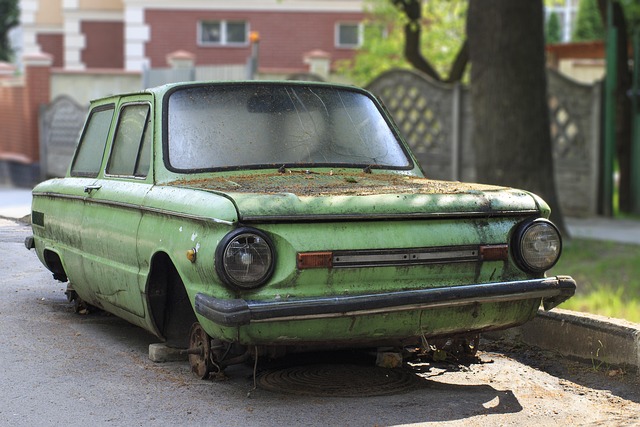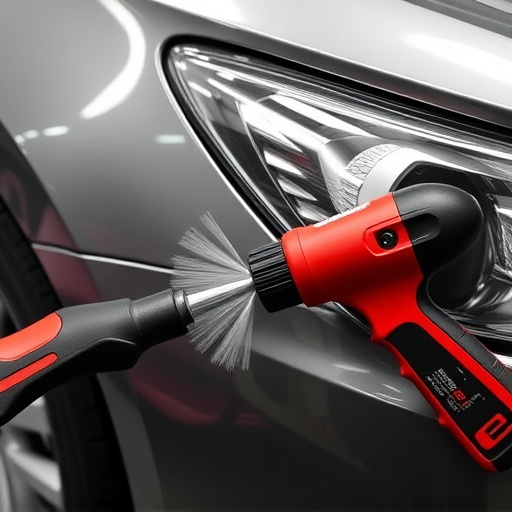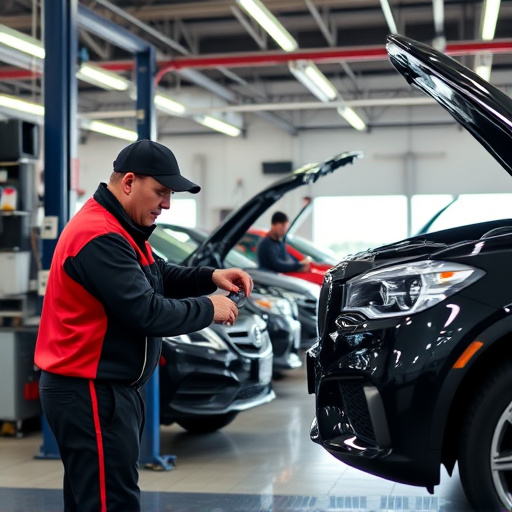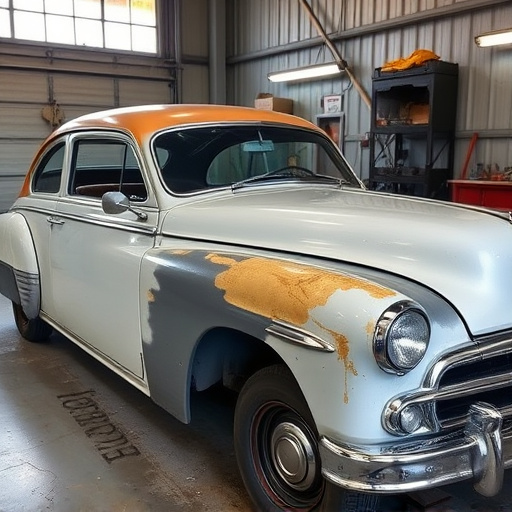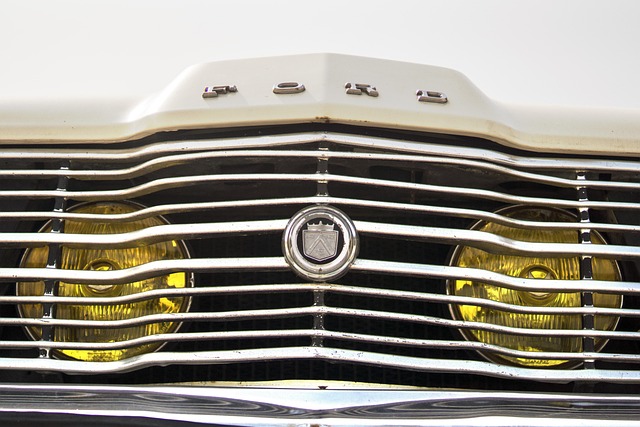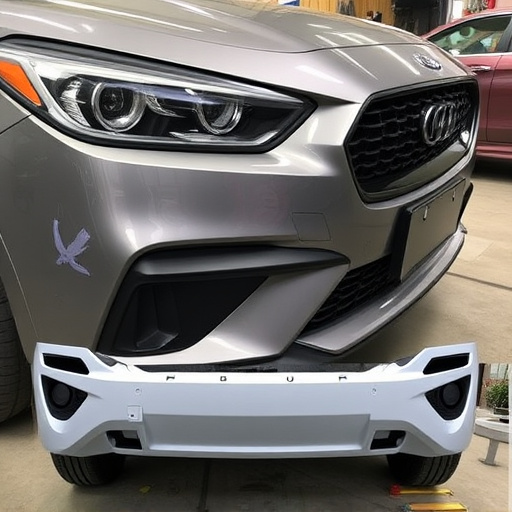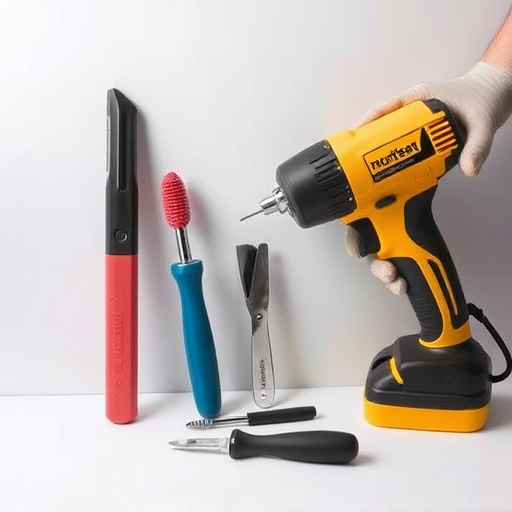Frame repair certification programs are crucial for experienced technicians aiming to enhance their skills and stay relevant in the collision repair industry. These comprehensive courses, offered by reputable institutions, cover metalworking, frame measurement, crash reconstruction, and modern tools, ensuring techs can excel in vehicle restoration. To prepare, technicians should review course content, assess their current abilities, and fill any knowledge gaps. By participating in these intensive programs, they can master advanced techniques, adhere to industry standards, and gain a competitive edge in the job market, ultimately transitioning into certified frame repair specialists.
Looking to elevate your auto tech career? Consider pursuing a frame repair certification. This path offers experienced technicians a specialized skill set crucial in today’s automotive industry. From understanding complex repair methods to mastering industry-recognized standards, this article explores the certification pathways, available training programs, and tips for a successful transition into this demanding and rewarding field—all focused on advancing your frame repair certification journey.
- Understanding Frame Repair Certification Requirements
- Available Training Programs and Their Benefits
- Preparing for a Successful Transition to Certified Technician
Understanding Frame Repair Certification Requirements
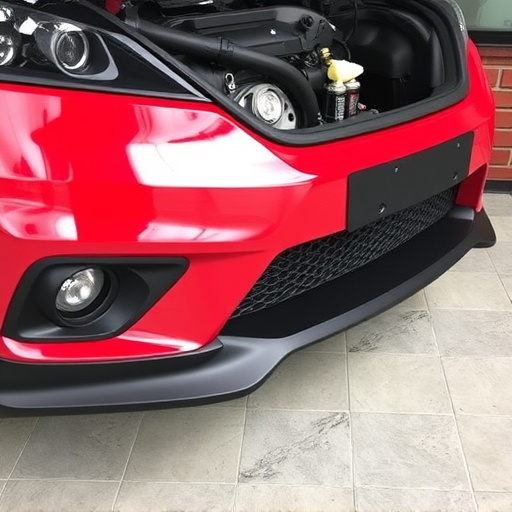
Before pursuing a frame repair certification, experienced techs should thoroughly understand the specific requirements involved. Frame repair certification programs vary in structure and rigor across different regions and organizations, but they all share common goals: to ensure technicians possess the knowledge and skills needed for precise, safe, and effective auto body restoration. These programs typically cover topics such as metalworking techniques, frame measurement and alignment, crash reconstruction, and advanced tools and technology used in modern car body shops.
Understanding these requirements is crucial for successful certification. Techs should review course curricula, assess their existing skill sets against the program’s expectations, and consider whether any gaps need to be addressed through additional training or experience. This proactive approach ensures that when a tech completes the frame repair certification process, they are well-prepared to excel in auto body restoration tasks, contributing to high-quality vehicle repair outcomes within their car body shop or other automotive facilities.
Available Training Programs and Their Benefits
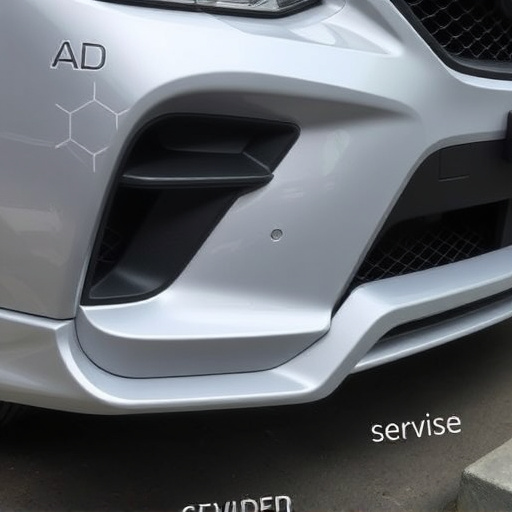
Many established training institutions and automotive industry leaders offer specialized programs for experienced technicians looking to enhance their skills in frame repair. These programs cater to the growing demand for qualified professionals in the collision repair sector, ensuring that shops can provide top-notch body shop services. By enrolling in these intensive courses, techs not only gain access to cutting-edge techniques and technologies but also learn about the latest industry standards and best practices.
The benefits of participating in frame repair certification programs are numerous. Techs can expect to improve their diagnostic abilities, master advanced repair methods, and become proficient in using modern equipment. These training sessions often cover everything from structural integrity assessment to intricate metalwork, allowing participants to excel in fender repair and vehicle paint restoration processes. As the automotive industry continues to evolve, staying current with these certifications ensures that experienced technicians remain competitive in the job market.
Preparing for a Successful Transition to Certified Technician

Transitioning from a skilled technician to a certified frame repair expert can be a rewarding career move for experienced professionals in the auto industry. To ensure success in this new role, prospective certified technicians should engage in targeted preparation. This involves developing a comprehensive understanding of advanced frame repair techniques and familiarizing themselves with the latest industry standards and safety protocols specific to frame restoration.
Attending specialized training programs offered by reputable certification bodies is a strategic step. These programs often cover intricate aspects of car bodywork, including panel replacement, structural alignment, and precision measuring techniques. Acquiring hands-on experience through practice sessions and working on real-world car scratch repair and auto painting projects will further refine their skills. By combining theoretical knowledge with practical application, technicians can confidently navigate the path to becoming certified frame repair specialists.
For seasoned techs looking to elevate their careers, pursuing a frame repair certification is a strategic move. By understanding the requirements, exploring reputable training programs, and preparing adequately, you can successfully transition into this specialized field. This certification not only enhances your skill set but also opens doors to new opportunities within the automotive industry, ensuring you stay ahead in a constantly evolving landscape.

